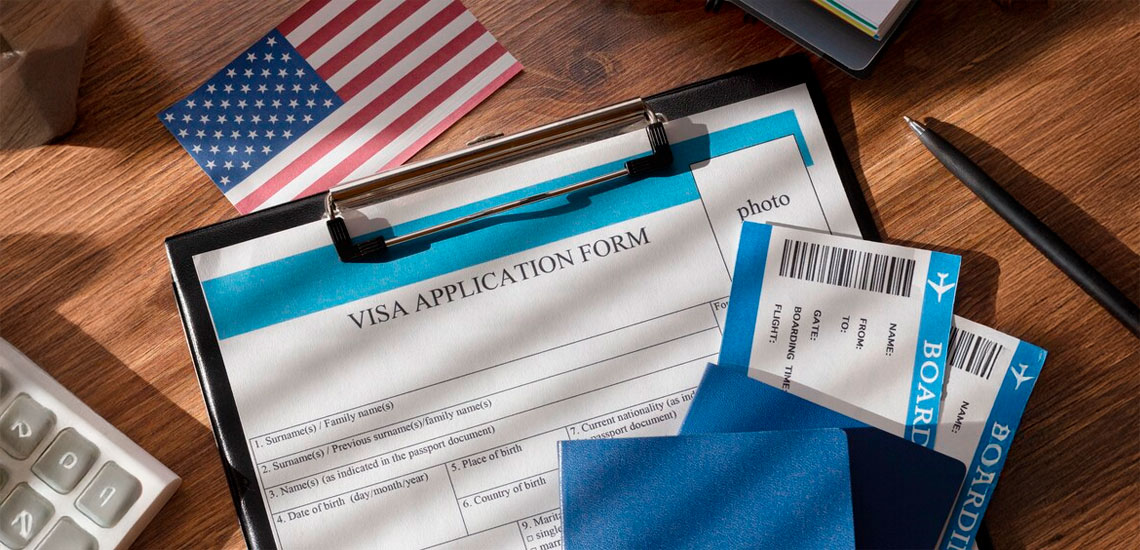The EB1 visa is a highly sought-after pathway for obtaining permanent residency in the United
States. It is designed for “priority workers,” individuals with exceptional qualifications who can
contribute significantly to the U.S. in various fields. The EB1 visa is divided into three
subcategories:
- Extraordinary Ability (EB1-A)
- Outstanding Researchers or Professors (EB1-B)
- Multinational Executives and Managers (EB1-C)
Each category has distinct eligibility requirements. Below, we’ll break down the requirements for
each category, provide examples of acceptable evidence, and share tips for preparing your
application.
1. EB1-A: Extraordinary Ability
This subcategory is for individuals with extraordinary ability in fields such as science, arts,
education, business, or athletics. The key is demonstrating sustained national or international
acclaim.
Eligibility Criteria
Applicants must meet at least 3 of the following criteria:
- Evidence of receiving a major internationally recognized award (e.g., Nobel Prize).
- Membership in associations requiring outstanding achievement.
- Published material about you in professional or major trade publications.
- Participation as a judge of others’ work in your field.
- Significant contributions to your field of expertise.
- Authorship of scholarly articles in professional journals.
- Work displayed at artistic exhibitions or showcases.
- Leadership roles in distinguished organizations.
- High salary or compensation compared to others in the field.
- Commercial success in performing arts.
Examples of Acceptable Evidence
● Certificates or plaques for awards.
● Published articles featuring your work.
● Contracts and pay stubs proving high earnings.
● Letters from experts affirming your contributions to the field.
Tips for Documentation
● Provide translations for foreign documents.
● Use detailed reference letters from credible sources who can attest to your qualifications.
● Include visual evidence, such as photos of awards or published works.
2. EB1-B: Outstanding Researchers or Professors
This subcategory is for individuals who are internationally recognized as outstanding in a
specific academic field and have at least three years of experience in teaching or research.
Eligibility Criteria
Applicants must meet at least 2 of the following criteria:
- Receipt of major prizes or awards for outstanding achievement.
- Membership in associations requiring outstanding achievements.
- Published material about your academic work in professional journals.
- Participation as a judge of the work of others.
- Original scientific or scholarly contributions.
- Authorship of scholarly books or articles.
Additionally, the applicant must have a job offer for a tenure-track teaching or research position.
Examples of Acceptable Evidence
● Tenure offer letters or employment contracts.
● Copies of published research with citation metrics.
● Reviews of your work by peers or journals.
● Documentation of awards for academic excellence.
Tips for Documentation
● Highlight how your research has advanced the field.
● Obtain letters of recommendation from established professionals in your field.
● Organize your evidence chronologically to show career progression.
3. EB1-C: Multinational Executives and Managers
This subcategory is for individuals who have worked as executives or managers for at least one
year in the last three years for a qualifying multinational company and are being transferred to
the U.S. to continue in a managerial or executive role.
Eligibility Criteria
Applicants must demonstrate:
- Employment in a managerial or executive capacity abroad for at least one year within the last three years.
- A qualifying relationship between the U.S. employer and the foreign employer (e.g., parent, subsidiary, or affiliate).
- Job duties that meet the definition of executive or managerial roles under immigration regulations.
Examples of Acceptable Evidence
● Organizational charts showing your role.
● Employment contracts detailing managerial duties.
● Performance evaluations and letters from superiors.
● Proof of the relationship between the foreign and U.S. companies.
Tips for Documentation
● Clearly differentiate your role from subordinates to establish the managerial level.
● Provide specific examples of decisions or projects you’ve led.
● Use metrics to quantify your contributions (e.g., “increased revenue by 20%”).
Self-Assessment: Are You Eligible for an EB1 Visa?
To determine your eligibility for the EB1 visa, ask yourself the following:
- EB1-A: Can I demonstrate extraordinary ability through awards, publications, or contributions to my field? Do I have at least three pieces of strong evidence from the listed criteria?
- EB1-B: Am I recognized internationally in my academic field? Do I have at least two pieces of evidence to support my claim? Do I have a job offer for a tenure-track position?
- EB1-C: Have I worked as a manager or executive for a multinational company? Does my role involve high-level decision-making? Can I provide evidence of the company’s qualifying relationship?
Why Choose the EB1 Visa?
The EB1 visa is attractive for several reasons:
● No PERM Process: Unlike other employment-based categories, EB1 does not require a labor certification process.
● Expedited Processing: Priority dates for EB1 visas are often current, reducing wait times.
● Self-Petition Option (EB1-A): Individuals applying under EB1-A can petition for themselves, offering greater flexibility.
Navigating the EB1 visa process can be complex, but understanding the specific requirements
for each subcategory is the first step. Careful documentation, thorough preparation, and expert
legal guidance can significantly enhance your chances of success. At AnaMaria Rivera Law
Firm, LLC, we specialize in helping clients present compelling EB1 petitions. Contact us today
to start your journey toward becoming a priority worker in the U.S.
